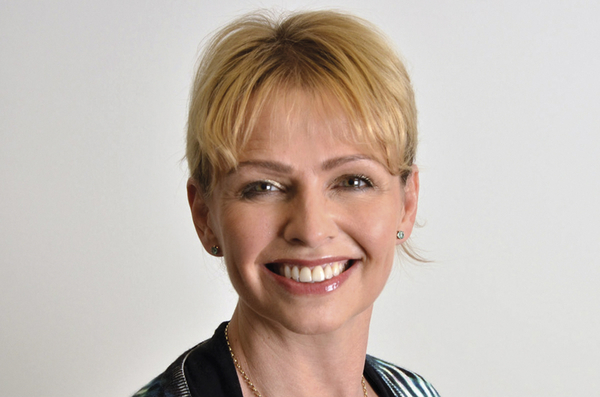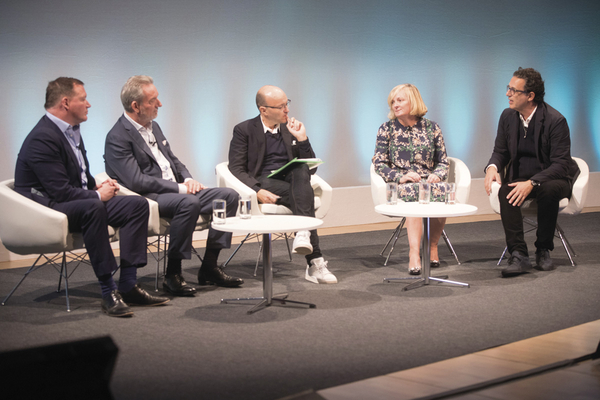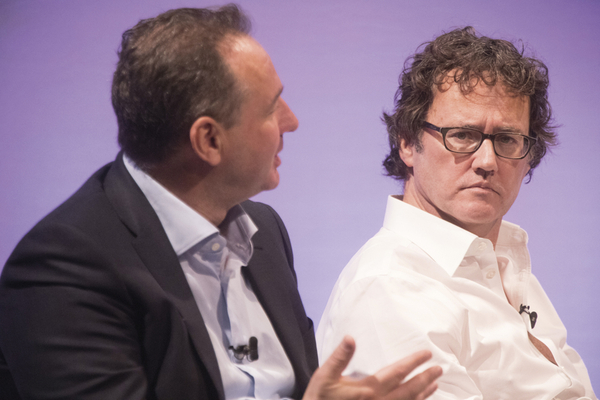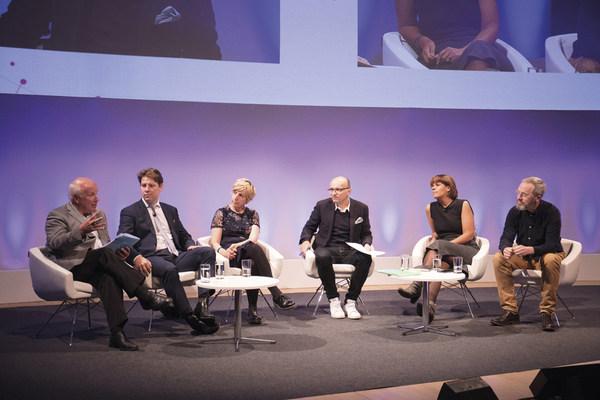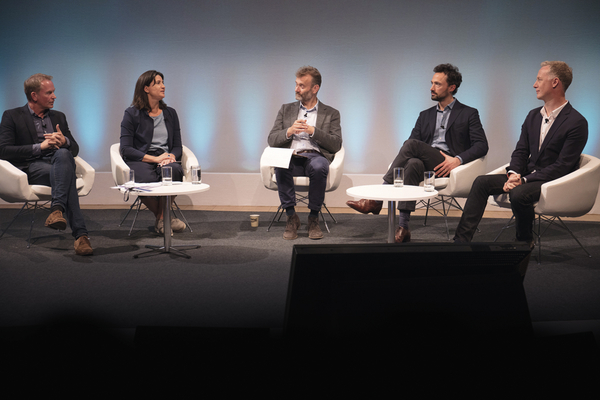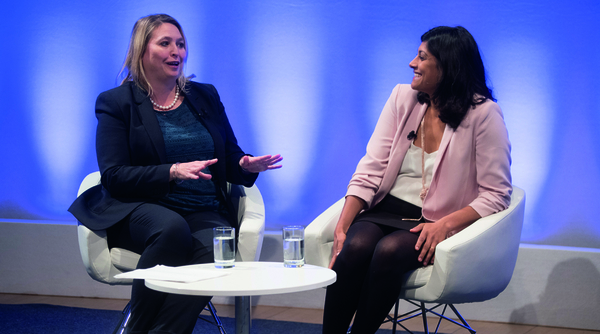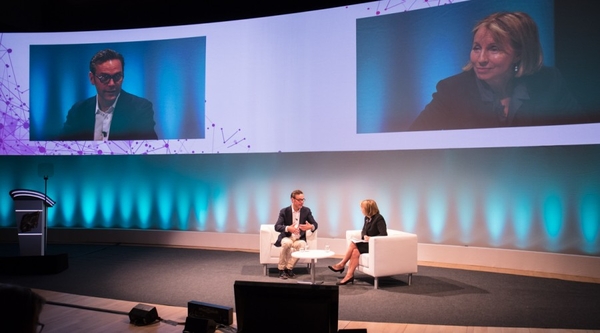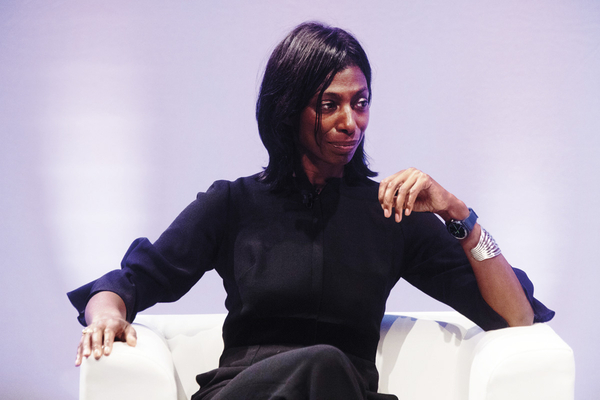RTS Cambridge Convention 2017
Speakers include James Murdoch, CEO, 21st Century Fox; Andy Harries, Chief Executive of Left Bank Pictures; The Grand Tour executive producer, Andy Wilman; Sir David Clementi, BBC chairman, Michelle Guthrie, Managing Director of Australian Broadcasting Corporation, and Sharon White, Chief Executive of Ofcom – click here to see the full list of speakers.

